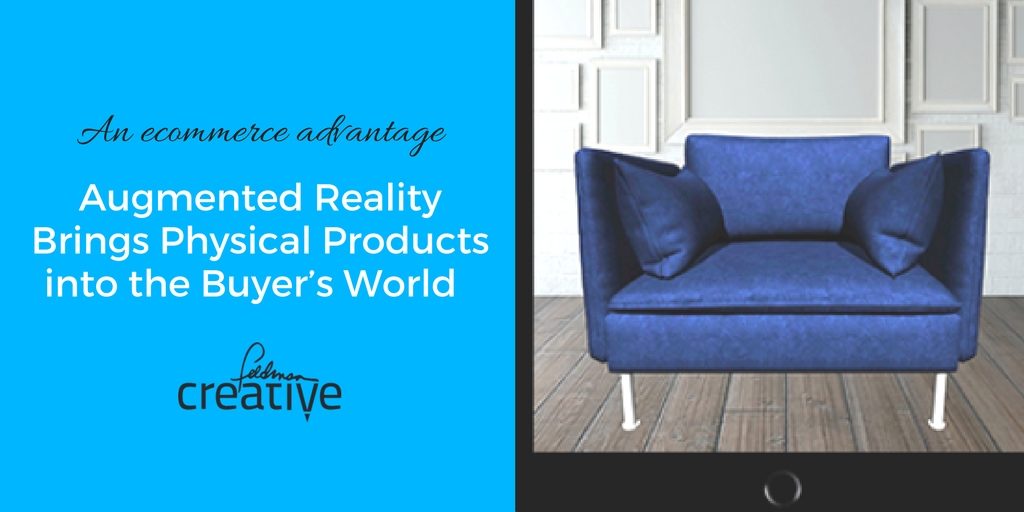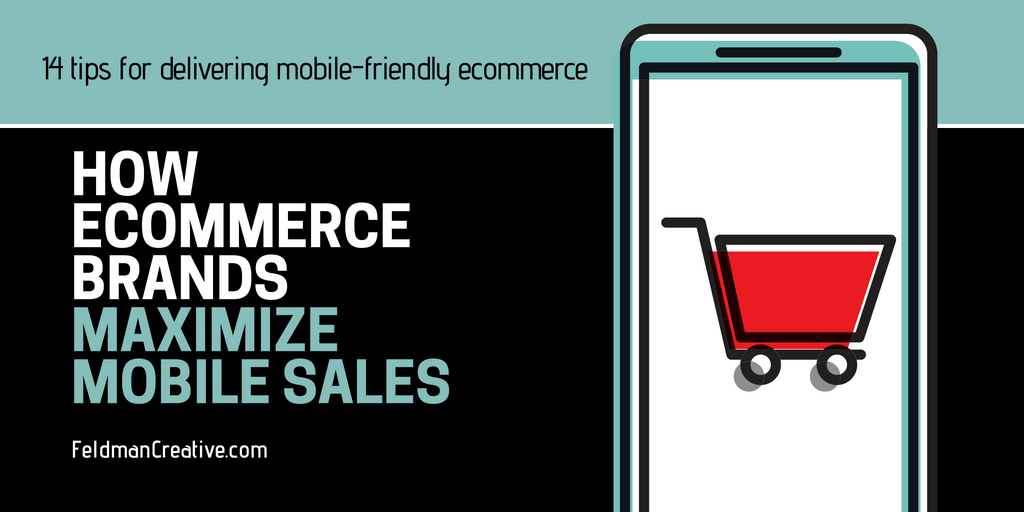Winners on the fiercely competitive ecommerce battleground must seize every strategy feasible to gain an upper hand.
In a recent guest post on Kissmetrics, I presented 32 ideas to boost ecommerce engagement and sales. As it turns out, I left out one very big idea that’s perfect for a variety of ecommerce brands: augmented reality (AR).
The term “augmented reality” is searched 246,000 times per month, according to Google data. It’s fair to say the technology, which superimposes digital images into real-world views, is earning a great deal of attention.
For reasons you’re soon to see, AR technology is particularly promising in the retail and ecommerce marketing and sales realm.
Many people first discovered the technology when the location-based game Pokemon Go became a raging hot app in 2016. The game demonstrated how a smartphone enables its user to interact with virtual objects.
The subsequent releases of Apple’s iOS 11 and ARKit have given developers tools to create more realistic AR experiences. As a result, augmented reality is rapidly evolving beyond games and giving brands and their customers the ability to apply immersive experiences while shopping in-store, and more importantly, at home.
What’s this product going to look like?
 Essentially, AR technology answers simple questions so many would-be buyers ask…
Essentially, AR technology answers simple questions so many would-be buyers ask…
How will these eyeglasses look on my face? Will this artwork complement the décor of my room? Does this furniture fit in my space?
Rather than using your imagination, you use your smartphone. You don’t get “yes” or “no” answers—or any type of empty promises. You get visuals. A useful shopping app with AR features enables you point your camera at the subject in question (your face, wall, room, etc.) and see exactly what the answer looks like.
Given the ability to project visuals onto your surroundings or body, the idea of a “virtual showroom” emerges. Customers can try out objects in their environment before committing to a purchase.
I’ll demonstrate quickly by showing you a 16-second video from Dezdy, makers of a leading augmented reality ecommerce platform.
Simple, right? Useful? Obviously.
How’s it done?
Dezdy is a prebuilt software solution merchants can put to use quickly by making a few simple configuration choices.
It’s a virtual storefront too. The service also makes it easy for online stores to add their product portfolios and set-up shop for accepting payments.
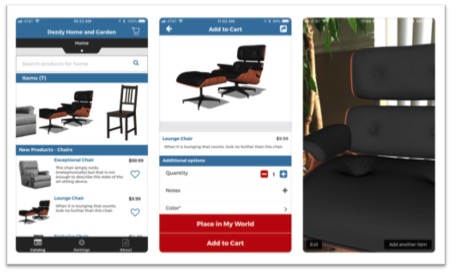
Dezdy offers free demo apps on the Apple App Store and Google Play to help potential new customers understand how it can boost ecommerce sales.
Who’s doing it?
As I hunted to for interesting real-world examples across the blogosphere I came across a few apps marketing writers agree have piqued the interest of buyers. It’s show and tell time.
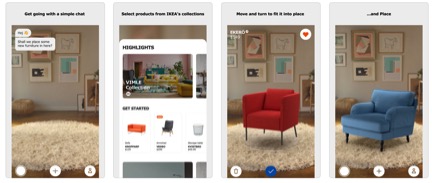
IKEA Place lets you virtually ‘place’ IKEA products in your space. Their app store page explains, “The app includes 3D and true-to-scale models of everything from sofas and armchairs to footstools and coffee tables. IKEA Place gives you an accurate impression of the furniture’s size, design and functionality in your home so you can stop wondering and start doing.”
The IKEA Place app also lets also you share your ‘place’ with social apps and order products through IKEA Store
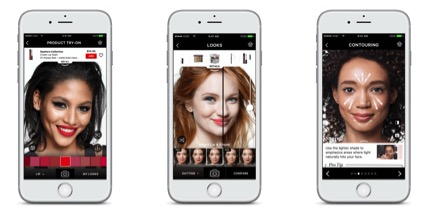
The Sephora Virtual ARTIST app takes you on a virtual trip to the makeup counter. Their site claims you can instantly try on eye, lip and cheek makeup and get inspired by looks created by makeup experts.
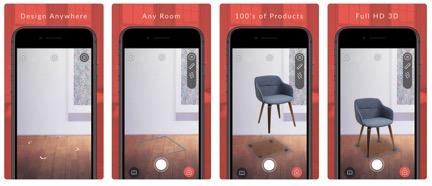
Envisioned, Powered by The Mine (Lowe’s high-end online furniture store), resembles Ikea Place. The app allows users to place to-scale 3D versions of furniture in their rooms and re-position them.
A real advantage
Augmented reality is growing up fast and has the potential to be a game changer for ecommerce marketing and sales. AR enables shoppers to determine whether a product is a good fit and purchase with confidence.
In an article on Entrepreneur, blogger and app developer Eden Chen, sums up the AR advantage nicely:
“Far from just being a feature for games, AR may well up-end and upgrade the shopping experience as we know it. The cost of entry is still relatively low, and the potential benefits are outrageously high.”
Disclosure: This article is sponsored by Dezdy.

